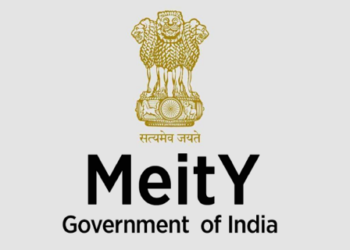New Delhi: Union Budget 2018 has, for the first time, mentioned the Indian government’s intention to tax digital businesses by amending Section 9 of the Income Tax Act as the fine print of the Budget documents mentioned that the government will amend Section 9 of the Income Tax Act to provide that “significant economic presence” in India shall also constitute “business connection”.
India is the first country to have taken concrete steps in this direction to outlining a feasible structure for taxing digital entities that have a large user base or business in a country but don’t have a significant physical presence.
The digital tax will impact not just large companies such as Google, Facebook or Netflix but also scores of much smaller technology or Internet-driven companies that have operations in India.
As of now digital companies have a unique model of operation where they don’t need to have physical presence in India to earn revenue and there was no system to tax them. The equalisation levy was imposed only for online advertising which is a very small chunk of their operations. The government is now saying that they have the right to tax such companies under section 9, which have some economic nexus in India. Discussion on this front is important since India is becoming a large market for many Internet companies given the huge number of smartphone and Internet users in India.
Amending the I-T Act will enable the government to renegotiate its trade agreements (Double Taxation Avoidance Agreement) only after which companies will start paying taxes in India.
Moreover, there is a Lack of level playing field when it comes to paying GST by an Indian and a foreign company. If a foreign company books hotels in India through an online portal, it desn’t pay GST but an Indian company doing the same thing has to pay the tax. Stakeholders want such issue to be sorted at the earliest since it creates disadvantage for Indian companies.

Speaking at the World Economic Forum in Davos last month, Google CEO Sunder Pichai said, “the tax structure needs to be reformed in order to address these concerns by countries. “As a company we paid, over the last five years, close to 20% in tax. We are happy to pay a higher amount, whatever the world agrees on as the right framework. It’s not an issue about the amount of tax we pay, as much as how you divide it among various countries.”
















